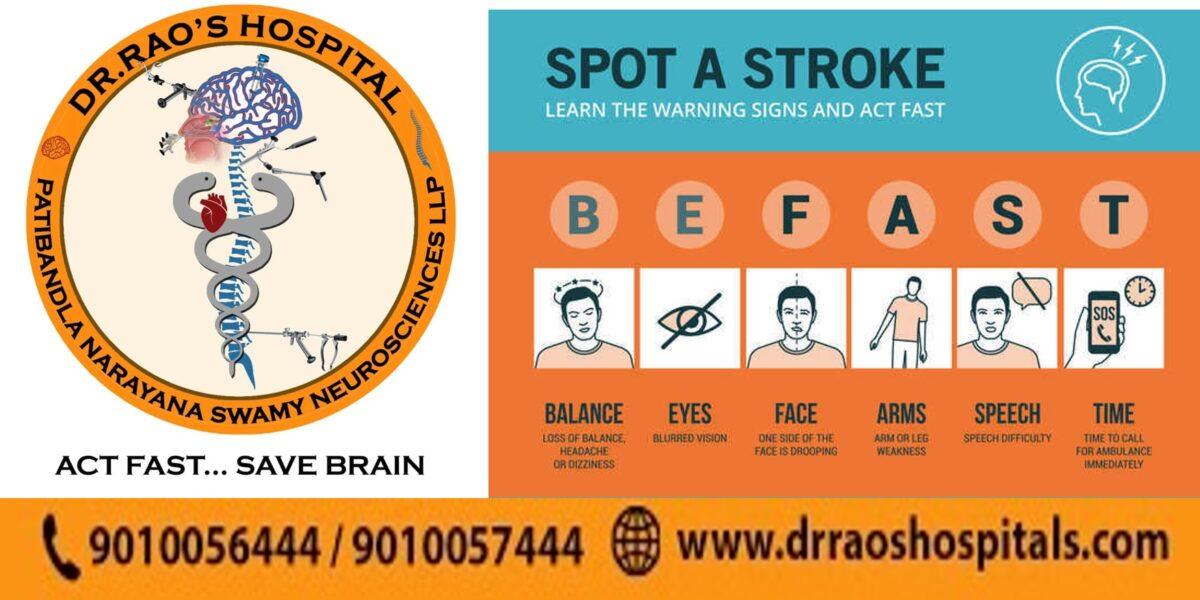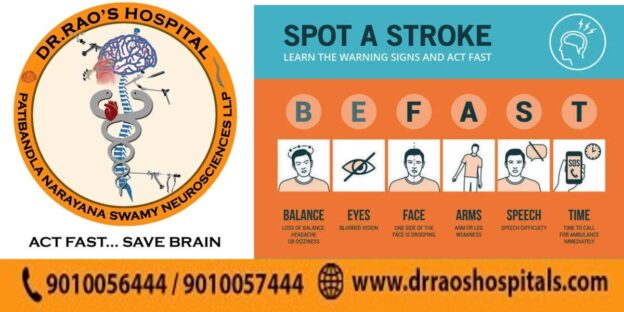Chemical Meningitis – the best treatment is at Dr Raos, Guntur
Introduction
Meningitis is an inflammation of the meninges, the membranes that surround and protect the brain and spinal cord. It can be caused by infection, injury, or cancer. Infectious meningitis is most often caused by viruses, bacteria, or fungi. Bacterial meningitis is the most serious type and can be deadly. Meningitis can occur in people of any age, but is most common in infants and young children. It can cause a range of symptoms, from mild to severe. In some cases, it can lead to permanent disability or death. Early diagnosis and treatment are critical. If you think you or your child may have meningitis, it’s important to see a doctor right away. Meningitis is a serious infection that can cause death or permanent disability if not treated immediately. Early diagnosis and treatment are critical to preventing serious complications. While most cases of meningitis are caused by viruses and can be treated with supportive care, some cases are caused by bacteria and require immediate treatment with antibiotics. Bacterial meningitis is particularly dangerous because it can progress very quickly and lead to death within days. Chemical meningitis is a rare but potentially fatal form of meningitis that occurs when chemicals enter the cerebrospinal fluid. This can happen if the lining of the brain or spinal cord is damaged, allowing chemicals to leak into the cerebrospinal fluid. Chemical meningitis is a medical emergency and requires immediate treatment with high-dose steroids and other medications. If you think you or someone you know may have meningitis, it is important to seek medical help immediately. Meningitis can be difficult to diagnose early on, so it is important to trust your instincts and seek medical attention if you or someone you know is suddenly feeling very ill. Looking for the best treatment for the meningitis, look no further than Dr Raos hospital at Guntur, Dr Rao is the best neurosurgeon and neuroscientist.
causes
Meningitis is most often caused by a viral infection, but it can also be caused by a bacterial infection. The most common cause of viral meningitis is the enterovirus, which is a group of viruses that includes the poliovirus. Other viruses that can cause meningitis include the herpes simplex virus, the varicella-zoster virus, and the mumps virus. Meningitis can also be caused by bacteria such as Streptococcus pneumoniae, Neisseria meningitidis, and Haemophilus influenzae type B.
symptoms
Symptoms of chemical meningitis are similar to those of other types of meningitis, and can include headache, fever, stiff neck, and confusion. However, chemical meningitis may also cause seizures, coma, and death. Early diagnosis and treatment is essential to preventing serious complications.
Diagnosis
A lumbar puncture, also called a spinal tap, is the most common way to diagnose chemical meningitis. This involves inserting a needle into the lower back to collect a sample of cerebrospinal fluid (CSF). The CSF will be examined for evidence of inflammation or infection.
treatment
There are a few different ways to treat chemical meningitis. One way is to give the person steroids. This can help to decrease the inflammation in the brain. Another way is to give the person antibiotics. This can help to kill the bacteria that are causing the infection. The last way is to do a surgery called a craniotomy. This is where the doctor will make a small opening in the skull so that they can remove the infected tissue.
antibiotic resistance
Meningitis is a serious infection of the meninges, the protective membranes that surround the brain and spinal cord. It can be caused by bacteria, viruses, or other organisms. Bacterial meningitis is the most serious type and can be fatal if not treated promptly with antibiotics. However, some strains of bacteria that cause meningitis are becoming resistant to antibiotics. This means that the antibiotics may not work against these bacteria. As a result, more people are dying from meningitis, even with treatment. Antibiotic resistance is a major problem with treating meningitis. When bacteria become resistant to an antibiotic, that antibiotic can no longer kill them. As a result, the infection can become much more difficult to treat. In some cases, it may even be impossible to treat. There are several ways that bacteria can become resistant to antibiotics. One way is through mutation. This is when the bacteria changes in a way that makes it resistant to the antibiotic. Another way is through horizontal gene transfer. This is when the bacteria acquires resistance genes from other bacteria. The best way to prevent antibiotic resistance is to use antibiotics wisely. This means using them only when they are needed and for the shortest time possible. It also means using the right antibiotic for the infection. Overusing or misusing antibiotics can lead to resistance.
Conclusion
Meningitis is a serious infection that can cause death or permanent disability if not treated immediately. Early diagnosis and treatment are critical to preventing serious complications. While most cases of meningitis are caused by viruses and can be treated with supportive care, some cases are caused by bacteria and require immediate treatment with antibiotics. Bacterial meningitis is particularly dangerous because it can progress very quickly and lead to death within days. Chemical meningitis is a rare but potentially fatal form of meningitis that occurs when chemicals enter the cerebrospinal fluid. This can happen if the lining of the brain or spinal cord is damaged, allowing chemicals to leak into the cerebrospinal fluid. Chemical meningitis is a medical emergency and requires immediate treatment with high-dose steroids and other medications. If you think you or someone you know may have meningitis, it is important to seek medical help immediately. Meningitis can be difficult to diagnose early on, so it is important to trust your instincts and seek medical attention if you or someone you know is suddenly feeling very ill.


